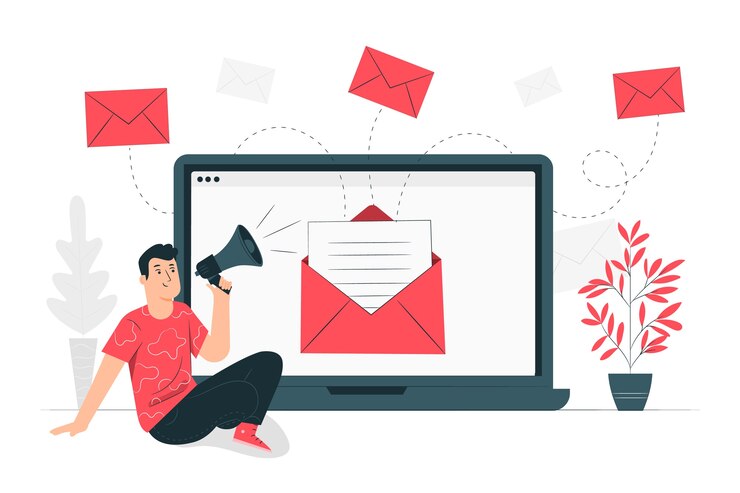
The Definition of Email Marketing and Its Significance
What is Email Marketing?
Email marketing is a direct form of communication between a business and its customers or potential clients through email. It involves sending targeted messages to a group of people who have given their consent to receive these communications. This could include newsletters, promotional messages, product announcements, or personalized content tailored to specific audiences.
A Brief History of Email Marketing
Email marketing isn’t a new concept. The first email was sent in 1971, and in the years that followed, it morphed into a powerful marketing tool. By the late 1990s, businesses began to recognize the potential of using email as a way to communicate directly with consumers. Fast forward to today, and email marketing has evolved into a sophisticated strategy that many businesses rely on for building relationships and driving sales.
How It Works
At its core, email marketing relies on building a list of subscribers who have opted in to receive messages. This can be done through various methods, such as signing up on a website, social media promotions, or even during in-person transactions. Once you have a list, you can segment it based on interests, past interactions, or demographics, allowing for more personalized communication.
Build a Subscriber List: Start by encouraging visitors to join your mailing list. Provide rewards such as discounts or access to special content.
Create Engaging Content: Craft engaging emails that provide value. This could be helpful tips, updates on products, or enticing offers.
Analyze and Optimize: Monitor conversions, click-through rates, and open rates using analytics. This information aids in improving your strategy.
Why It’s Important
Email marketing plays a critical role in any comprehensive marketing strategy for several reasons.
Direct Communication Channel
One of the biggest advantages of email marketing is that it allows brands to communicate directly with their audience. Unlike social media, where algorithms can filter what users see, emails land directly in the inbox, making it more likely that your message will be seen.
Cost-Effective Marketing
Compared to traditional marketing methods (think print ads or postal mail), email marketing is relatively inexpensive.An effective email marketing has the potential to generate a substantial return on investment (ROI). In fact, studies show that for every dollar spent on email marketing, businesses can expect an average return of around $42.
Building Customer Relationships
You can establish a personal connection with your audience by sending them a nice email. For instance, I often appreciate when brands remember my birthday and send out a special discount.I feel appreciated as a customer because of it! It encourages loyalty and can turn one-time buyers into repeat customers.
Increased Engagement
Email marketing isn’t just about promoting sales; it’s also about engaging your audience. Newsletters can include valuable content such as tips, tutorials, or updates that resonate with your subscribers’ interests. This continuous engagement can keep your brand top-of-mind when customers are ready to make purchases.
Measurable Results
One of the striking features of email marketing is how easy it is to measure success. With tracking tools, you can see open rates, click-through rates, and even how many people completed a purchase after receiving your email. This kind of feedback is vital for understanding what resonates with your audience.
Versatility
Email marketing can adapt to various strategies, whether it’s promoting a seasonal sale, launching a new product, or providing exclusive content to loyal subscribers. This versatility allows you to tailor your campaigns to meet specific goals.
Conclusion
Email marketing is more than just sending out a few promotional messages – it’s about building relationships, communicating directly, and providing value. As businesses strive to connect with customers in meaningful ways, email marketing remains a vital tool in the marketing toolbox.
Think about how you engage with emails in your daily life. With a little creativity and authentic communication, you can create email campaigns that not only catch the eye but also foster long-term relationships with your audience. So, if you haven’t yet considered incorporating email marketing into your strategy, it might be time to start!
